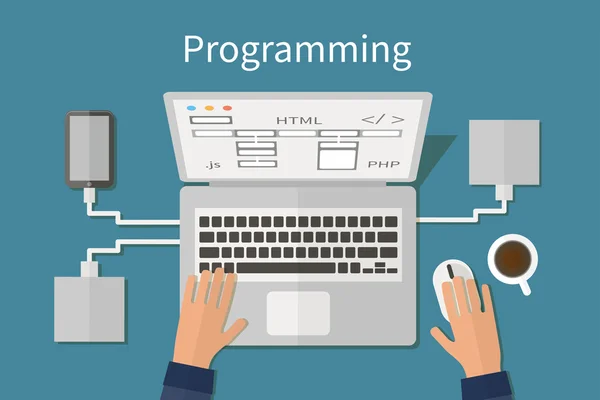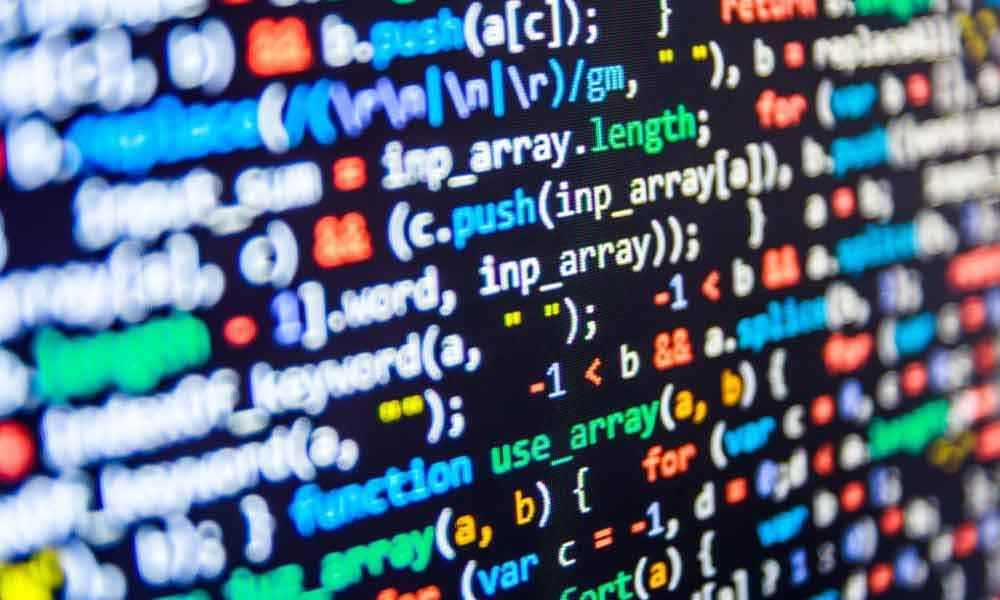Quantum computing is a rapidly evolving field that has the potential to revolutionize the way we solve complex problems. However, the power of quantum computers can only be harnessed through programming. In this article, we will explore the role of programming in quantum computing and how it is different from classical computing.
What is Quantum Computing?
Quantum computing is a type of computing that uses quantum mechanics to process information. Unlike classical computers that use bits to store and process information, quantum computers use quantum bits or qubits. Qubits can exist in multiple states at the same time, allowing quantum computers to process a vast amount of information simultaneously.
Programming Quantum Computers

Programming quantum computers is different from programming classical computers. Classical computers use programming languages such as C++, Java, or Python, while quantum computers use quantum programming languages such as Q# or Quil. These languages allow programmers to write quantum algorithms that can solve problems that are intractable for classical computers.
Quantum algorithms are different from classical algorithms in that they use the principles of quantum mechanics to process information. For example, the famous Shor’s algorithm can factor large numbers exponentially faster than classical algorithms. This has significant implications for cryptography, where Shor’s algorithm could potentially break encryption systems that are widely used today.
Challenges in Programming Quantum Computers
Programming quantum computers is not without its challenges. Quantum computers are highly sensitive to noise and require sophisticated error correction techniques to maintain the coherence of qubits. Furthermore, quantum algorithms are often probabilistic, meaning that the output may not always be correct. Programmers need to be aware of these challenges when designing quantum algorithms.
Applications of Quantum Computing
Quantum computing has the potential to revolutionize many fields such as cryptography, finance, drug discovery, and optimization. For example, quantum computers could be used to simulate complex chemical reactions, allowing drug developers to design new drugs more efficiently. In finance, quantum computers could be used to optimize portfolio management or simulate the behavior of complex financial systems.
Programming is essential for harnessing the power of quantum computing. Quantum programming languages such as Q# or Quil allow programmers to write quantum algorithms that can solve problems that are intractable for classical computers. However, programming quantum computers is not without its challenges. Quantum computers are highly sensitive to noise and require sophisticated error correction techniques. Despite these challenges, quantum computing has the potential to revolutionize many fields and solve problems that are impossible for classical computers.






Comments